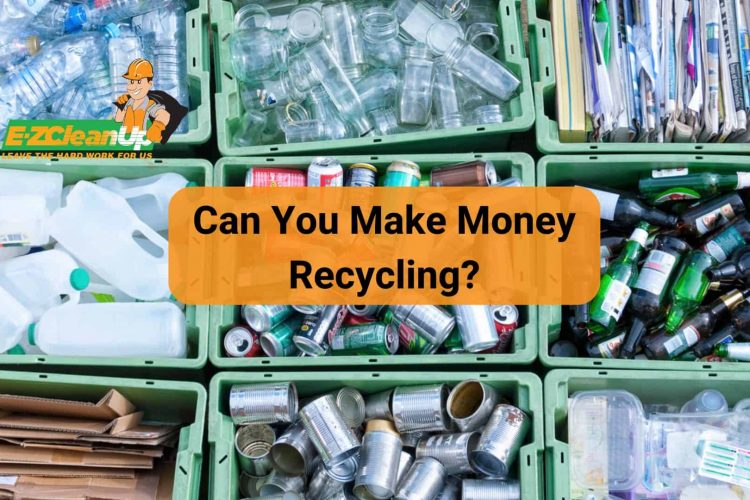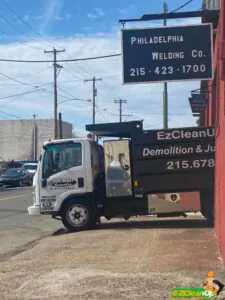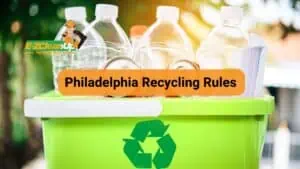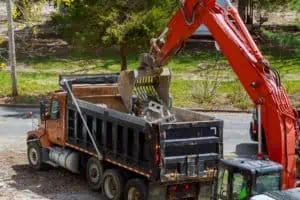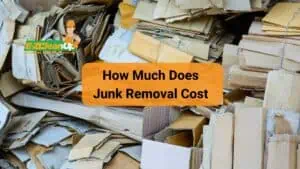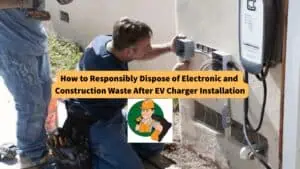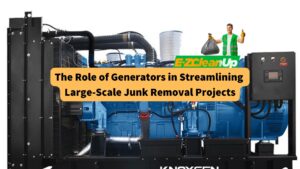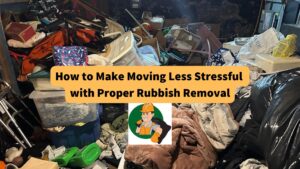Recycling transforms waste into profit. Earn from aluminum (up to 80 cents/lb), plastic bottles (up to 10 cents each), and cardboard ($45/ton). State bottle bills further boost returns, paying up to 10 cents per item. Effective sorting and understanding market demand are key to maximizing earnings.
If you want to find out more about the answer to – “Can you make money recycling?” as well as the proper ways to go about it, read our guide below.
Basics of Recycling for Cash
Making money through recycling involves knowing which materials are valuable and how to properly process them for maximum return.
Recycling can turn everyday waste into cash. Key materials include:
- Aluminum: This is highly sought after and one of the most profitable materials due to its ease of recycling and the energy savings it offers. Aluminum cans, in particular, can fetch prices averaging around 70 to 80 cents per pound nationally, with some states offering as much as 10 cents per can.
- Plastic: Plastic bottles can earn you between 5 and 10 cents per bottle, depending on state regulations and the type of plastic.
- Glass: Glass recycling typically yields 5 to 15 cents per bottle, though it requires a considerable volume to make significant earnings.
- Paper and Cardboard: While not the most lucrative, paper products are extensively recycled. Used cardboard can fetch about $45 per ton.
- Electronics: Selling old electronics can also be profitable. Many companies and recycling programs offer cash or store credit for old devices.
The value of recyclable materials can vary significantly based on several factors:
- Material type: Metals generally yield higher returns than plastics or paper.
- Condition: Clean and well-sorted materials often fetch higher prices.
- Market Demand: Prices can fluctuate based on global demand for raw materials.
- Local Regulations: States with deposit return laws typically offer higher returns for cans and bottles.
Knowing what materials are accepted at your local recycling center is crucial, as not all materials are recyclable everywhere, and some may require specific handling to avoid contamination. Utilizing websites and apps like iScrap App can help locate nearby facilities and compare payout rates.
Understanding State Refund Programs and Bottle Bills
State refund programs and bottle bills are key mechanisms for promoting recycling through financial incentives. These programs, often termed “bottle bills,” encourage the recycling of beverage containers by offering a refund for each item returned.
How do they work? Consumers pay a small deposit when purchasing beverages in recyclable containers. This deposit is refunded when the container is returned to a redemption center or retailer.
The specifics, such as the deposit amount and the types of eligible containers, vary by state. For instance, Oregon and Michigan offer 10 cents per can or bottle, which is among the highest in the country, and this has led to higher redemption rates compared to states with lower deposit values.
Currently, ten states in the U.S.—California, Connecticut, Hawaii, Iowa, Maine, Massachusetts, Michigan, New York, Oregon, and Vermont—have active bottle bill programs. Each state tailors the specifics of the bill to fit local needs, covering different types of beverage containers and offering various deposit amounts.
States with bottle bills often see significantly higher recycling rates compared to those without. For example, Michigan and Oregon, which have a higher deposit amount, report redemption rates well over 85%.
In contrast, Connecticut, with a lower five-cent deposit, reports a redemption rate of 44%. The effectiveness of these programs in increasing recycling rates is well-documented, with states like Maine covering over 90% of beverage containers sold through their bottle bill. This leads to substantial environmental benefits.
Step-by-Step Guide to Recycling Common Items
To recover some costs from the materials you consume or buy, you must know how to recycle them properly:
Cans and Bottles
Recycling cans and bottles involves several steps, each important for ensuring materials are properly processed and eligible for redemption values where applicable:
- Collection: Start by gathering cans and bottles at home. Encourage your household to separate these items from other waste to avoid contamination. Establish a designated bin for recyclables to make the collection process smoother and ensure that no recyclables end up in the trash.
- Cleaning: Once collected, containers should be rinsed and cleaned to remove any residual liquid or food waste. Containers do not need to be spotless, but removing contaminants is crucial to ensuring they are recycled properly.
- Redemption: For redeeming your recyclables, most states with deposit laws allow you to return clean and intact cans and bottles to recycling centers or participating retailers for a deposit refund. The refund typically ranges from 5 to 10 cents per item, depending on the size and the state’s specific legislation.
Electronics
Here’s how you can turn your old electronics into cash and responsibly dispose of them:
Where to Sell
Many platforms offer services for selling used electronics. For instance, Decluttr provides an easy process where you can get an instant price quote for your gadgets based on their condition and then ship them for free.
Best Buy’s trade-in program is another excellent option, allowing you to exchange old electronics for a Best Buy gift card, which can be used to purchase new tech.
The Selling Process
Typically, the process involves selecting your device on a trade-in site to see its value. Before you do, ensure it’s clean and functional, and then ship it or drop it off. Upon evaluation, you’ll either receive cash or credit.
Recycling
If selling isn’t an option, recycling is the next best step. The U.S. Environmental Protection Agency (EPA) provides guidelines for recycling electronics safely.
They emphasize that recycling helps conserve materials and prevent pollution. Local recycling centers, retail stores with recycling programs, and municipal collection events are common places to recycle electronics.
To ensure you’re participating effectively, always wipe your personal data from devices before selling or recycling them. This protects your privacy and also complies with recycling standards that require devices to be free of information.
Paper Products
Recycling paper products is not just eco-friendly—it can also be economically rewarding if done correctly. Here’s a practical guide to sorting and selling your paper recyclables:
Sorting Paper Products
Proper sorting is crucial for recycling efficiency. You should separate your paper waste into categories such as newspapers, magazines, office paper, and corrugated cardboard.
Each type has a different recycling process and market value. For example, high-grade papers like office paper are preferred for their fiber quality and are used to produce new consumer paper products.
Selling Recycled Paper
Once sorted, selling your recyclable paper can be profitable. Recycling centers often buy paper by weight and pay more for certain types, like corrugated cardboard and high-grade papers. It’s important to find local recycling facilities that offer competitive rates.
Additionally, some paper production companies purchase bulk quantities of recyclable paper, which can be a lucrative option if you can supply large volumes.
Recycling and Environmental Impact
Recycling paper plays a significant role in reducing the need for virgin materials, thus conserving natural resources and reducing landfill waste. Paper recycling involves less energy and water than producing new paper from trees, which also decreases pollution and greenhouse gas emissions.
Specialized Recycling Opportunities
Here are some more recycling opportunities that support environmental sustainability while offering potential economic benefits by turning waste into valuable commodities.
Scrap Metal Types and Their Values
Scrap metal recycling is a lucrative activity, with various types of metals fetching different market prices. Ferrous metals, which include iron and steel, are commonly recycled and are in steady demand.
Non-ferrous metals, such as copper, aluminum, and brass, generally bring higher prices due to their extensive use in high-end applications like electrical wiring and plumbing.
Car Batteries and Electronic Components
Car batteries, especially lead-acid types, are highly recyclable. They contain valuable materials that can be reclaimed and reused.
Recycling car batteries not only conserves resources but also prevents the release of toxic substances into the environment. Electronic components like circuit boards and CPUs often contain precious metals such as gold and silver, which can be extracted and recycled.
Unconventional Recyclables
Recycling unconventional items, such as ink cartridges and cooking oil, can also be profitable. Ink cartridges are often refilled and resold. They provide an environmentally friendly alternative to disposal.
Cooking oil can be processed into biodiesel, which is a sustainable fuel alternative. Both practices support environmental sustainability by reducing waste and utilizing existing resources.
Where to Recycle: Maximizing Your Earnings
By effectively using online resources and maintaining good recycling practices, you can optimize your recycling efforts and potentially increase the financial benefits from selling recyclable materials.
Finding Local Recycling Facilities and Their Rates
Locating nearby recycling centers is crucial for maximizing the financial returns from your recyclable materials. Websites like Earth911 provide a comprehensive database where you can search for recycling facilities by material type and location. It offers detailed information about the types of materials accepted and the services provided.
Using Apps and Websites to Locate Recycling Centers
Utilizing technology can significantly simplify the process of finding recycling locations. Apps like RecycleNation and iRecycle provide user-friendly platforms where you can easily find recycling centers near you.
These apps often allow you to specify the type of material you’re looking to recycle. They ensure that you find the most suitable facility for your needs.
Tips on Collecting Large Quantities of Recyclables
Setting up dedicated bins for different types of recyclables can help streamline the process and reduce contamination. Additionally, staying informed about local recycling guidelines and any scheduled pickup services can enhance efficiency and ensure compliance with local regulations.
Legal and Practical Considerations
Recycling laws in the U.S. vary significantly by state. These influence the profitability of recycling operations. Some states have implemented Extended Producer Responsibility (EPR) programs that require manufacturers to finance the recycling of their products.
This potentially increases the volume of materials processed and the compensation received by recycling facilities. For example, states like Connecticut and Maine have EPR programs for products like paint and tires, which not only foster recycling but also create economic incentives for companies and individuals.
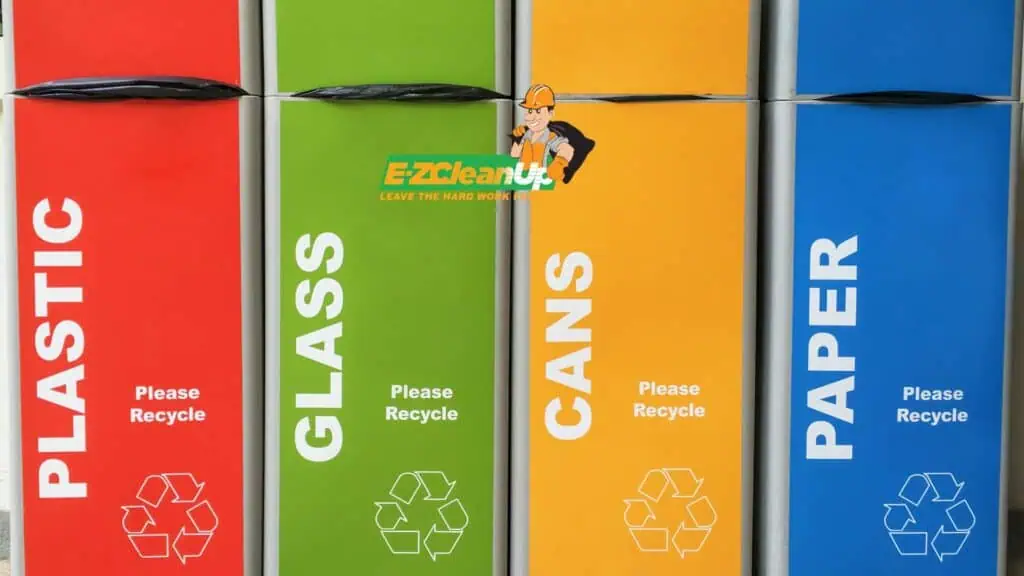
Best Practices for Collecting and Sorting Items
Effective collection and sorting practices are critical for maximizing the efficiency and profitability of recycling programs. Best practices include the following:
- Using clear labeling on recycling bins to reduce contamination
- Conducting community education programs to improve recycling rates
- Implementing sorting at the source to enhance the quality of collected materials
Additionally, regular audits of recycling streams can help identify areas for improvement and increase the resale value of recyclable materials
Environmental Impact and Ethical Considerations of Recycling for Profit
Recycling for profit has significant environmental benefits, including reducing the reliance on landfills, conserving natural resources, and lowering greenhouse gas emissions. Ethically, it promotes a circular economy, where materials are reused and continuously cycled through the economy rather than being disposed of.
However, it is essential to balance economic benefits with environmental protection to ensure that recycling practices do not lead to unintended ecological damage. This includes the careful management of hazardous materials and ensuring that recycling processes themselves do not result in environmental degradation.
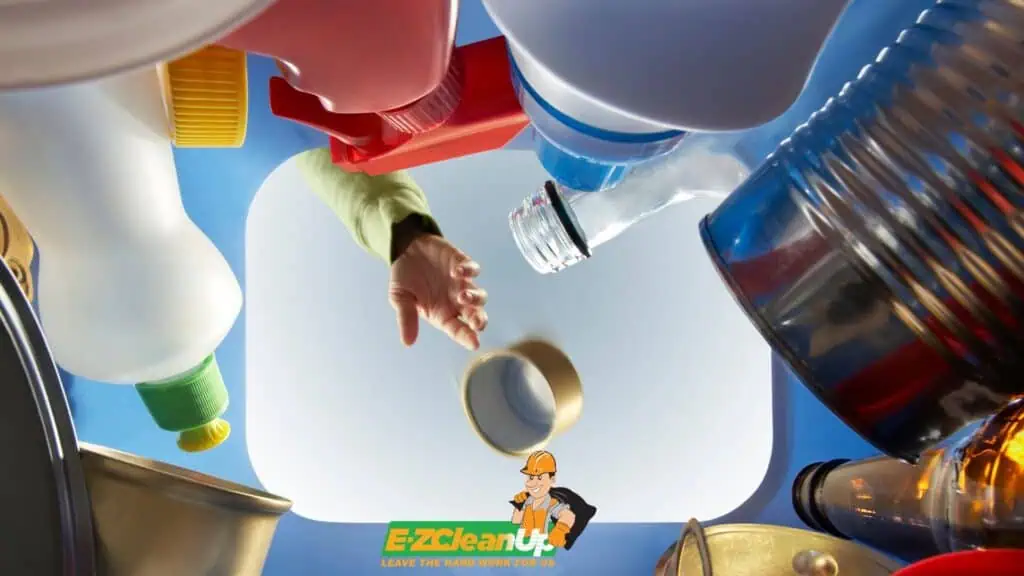
Enhance Your Recycling Earnings
Understanding the potential in recyclables like aluminum, plastic, and glass can translate to significant earnings. However, the real challenge lies in efficient collection, sorting, and understanding the fluctuating market. This is where you can count on us at EZ CleanUp.
With our help, you can ensure that your recyclables are processed in a manner that maximizes their value, whether you’re dealing with old appliances or want to earn cash for junk cars.
Reach out to us to enhance your recycling efforts and boost your earnings.

